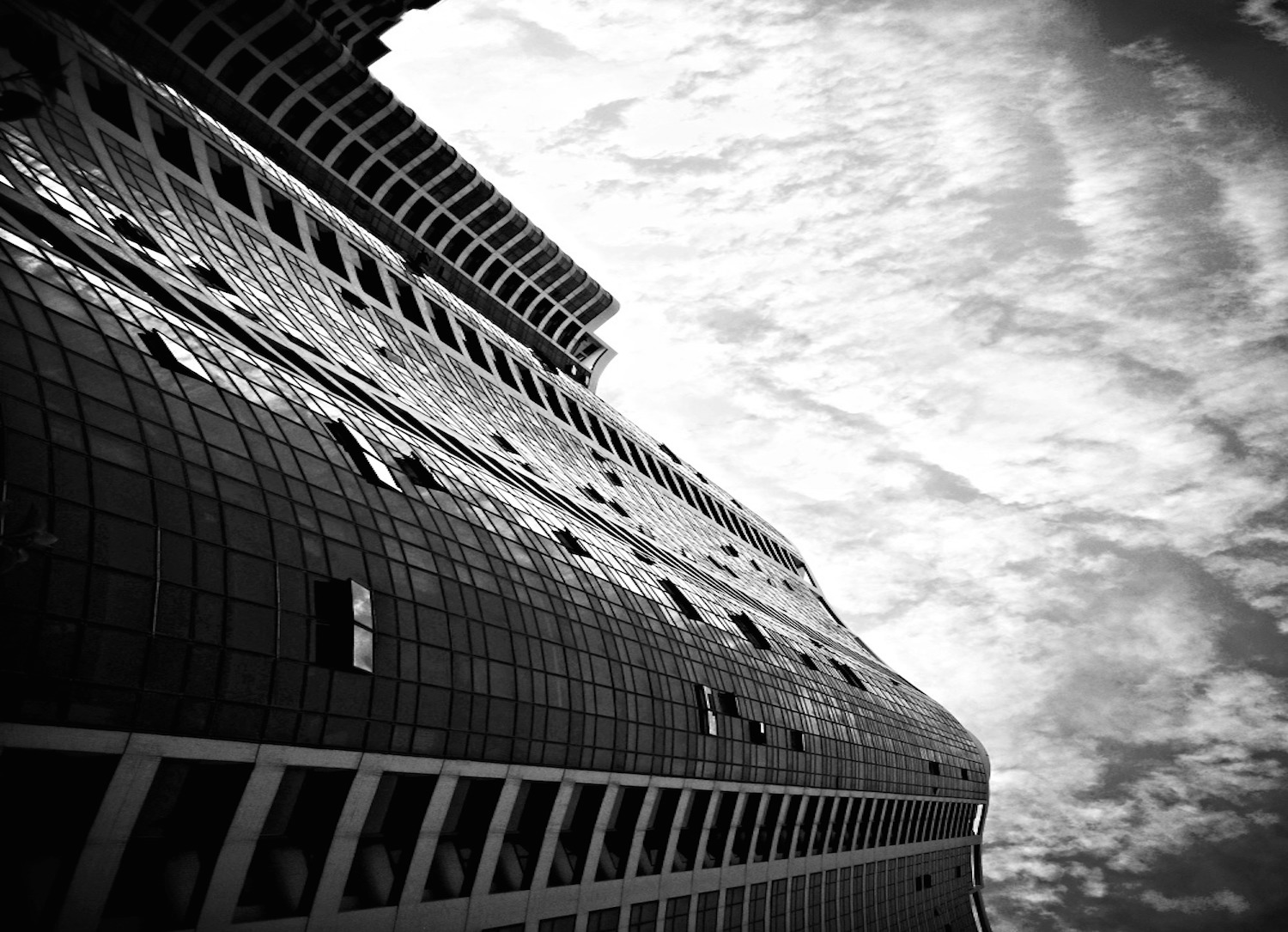People become students of various subjects to master them and reap benefits; they range from the cold and calculating sciences to the more empathetic arenas of music, dance and theater. Mental capacities are sharpened to handle social confrontations, creation and refinement of policies and building of communities through the realm of politics. The depths of living beings’ pasts and projections of futures are examined and revealed through the lenses of the archaeologist and historian. Thought itself is penetrated and its undefined limits are challenged in the subject matter of philosophy. The behaviors and growth of our youth and societies rest upon the skillful productivity and evolution of those in the education field. Mathematical formulas, analysis of chemicals and the study of sociology separate the individuals who selected these different paths of achievement, but the highest performers in every one of these fields have a connection in their exhibition of professionalism.
The idea of professionalism can be elusive; it is challenging to pin down into a singular definition but we know when we see it. It is not a material achievement but a moral one. It is not a tangible asset, but a personal investment of accumulating sets of universal skills beneficial in any profession. It is not a single way of conducting oneself, but a collection of one’s overall conduct that emits an aura of efficiency and skillfulness.
Professionalism is a Universal Art
How can some people rise to successful stature in nearly any environment they are placed in? No matter the profession, an individual projecting this bearing of skillfulness opens many doors of opportunity. Organizations value these individuals because of the quality reputation they can uphold and can work as great assets representing them. Their cultural comprehensiveness enables them to connect with multiple value systems. Imagine the brand enhancement generated by a true professional giving a presentation to hundreds in an audience. Having been the first introduction to the particular organization, those in the audience have created preconceived thoughts about the presenter and the extension, the organization. Now imagine a poorly developed professional who lacks the social graces and charisma to captivate that audience. How would they perceive the organization then?
People become extensions of the organizations they own, work for or work with and this skillfulness returns positive results from clients, customers and networks.
Professionalism Requires Cultivation
This is an ongoing, continuous process of evaluating and reevaluating the effectiveness of one’s thoughts, perceptions and conduct in an organization and with people. One needs to remove the habit of acting and thinking on impulse and step into the state of self-control. Realistic self-analysis is important when working towards the goal of refining one’s character. Ask yourself:
How could I have communicated my message clearer?
How does my posture affect my opportunities in this environment?
Does my voice give off strength and courage or does it assume timidity?
How has not learning about this subject affecting my professional development?
Professionalism’s Origin is in the Mind
If you held the key to a chest that contained the most valuable item in the world, you would feel a natural sense of importance. Your gait would be strong, energy vigorous and confidence to the max because you owned something of the highest value, and you knew people wanted it. You would not run to the quickest buyer; you would hold out and feel confident that the best demand you sought out would arrive.
Your item is your level of professionalism. The higher the quality, the higher the demand will be whether you work at a hospital, the pentagon or a small business grocery store. And this all resides in your mental state and how you carry it throughout your professional work.
On Refining Your Professionalism
Read about the nature of the sales profession. Develop the deductive abilities of the doctor. Nurture your communication skills as a presenter by becoming involved with Toastmasters. Learn how to think and write objectively like the journalist must in order to excel in the field. Sharpen your skill with numbers and calculation like the mathematician. Become a challenger of thoughts and become able to pass on your knowledge like an educator. By acquiring the various skills of these subjects you raise your Professionalism IQ and understand clearer how systems and patterns work. Environments first introduced to you can be quickly assessed, and with the multiplicity of skills you possess your skillfulness will readily display.
What does your professionalism say about you?







[…] Professionalism is an art that challenges us to put forth our best public image and manifest our highest self-image. To be professional is to maintain a level of conduct that produces positive outcomes for all parties involved. This is how we build credibility. […]